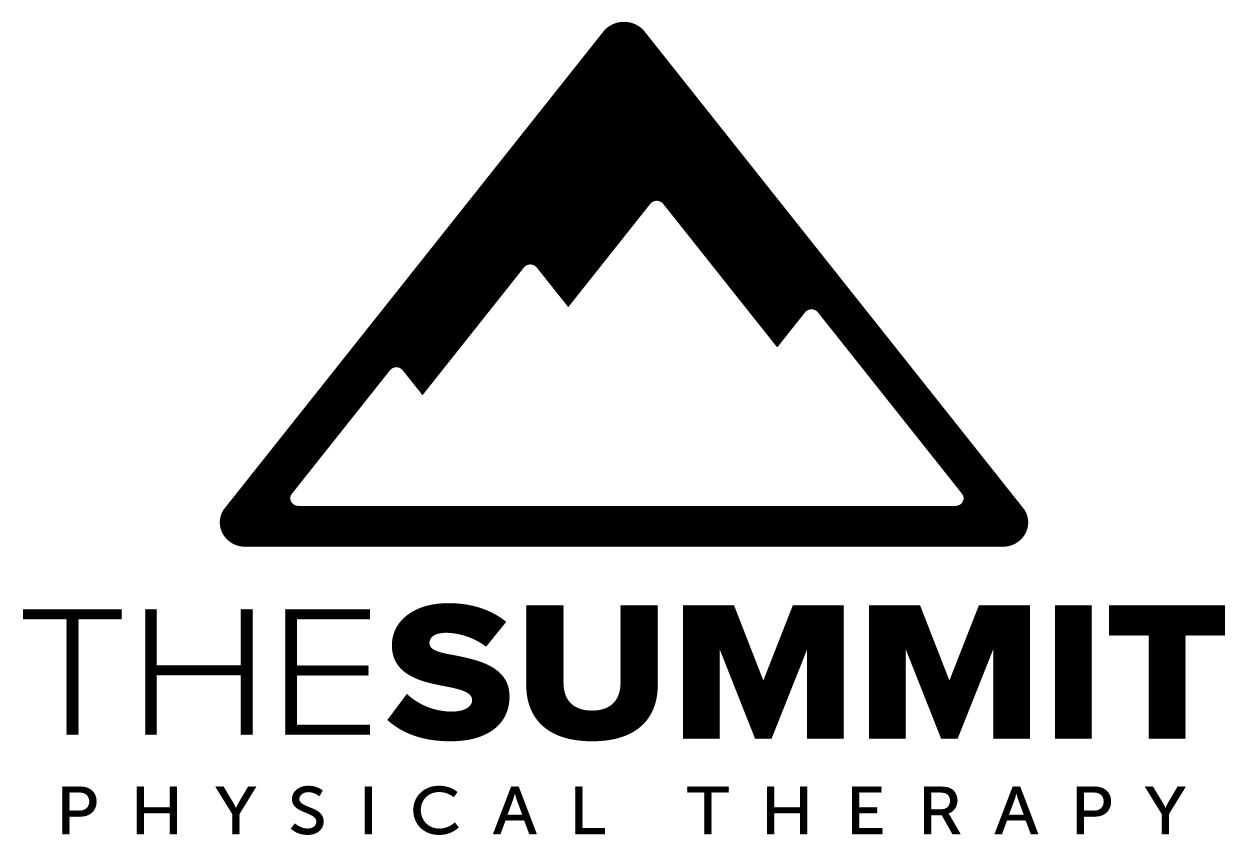Do you struggle with dizziness and balance issues? Have you ever heard of vestibular therapy? If not, then this blog is for you. In this post, we will delve into the world of vestibular therapy and explore how it can help restore balance and overcome dizziness. We will start by understanding the fundamentals of vestibular therapy – what it is and its role in healthcare. Next, we will identify the need for vestibular therapy by discussing the conditions it addresses and how it can specifically help with dizziness and balance issues. We will also walk you through the process of vestibular therapy, including the typical duration of a rehabilitation program and what to expect during therapy sessions. Additionally, we will explore the effectiveness of vestibular therapy in improving daily activities and whether it can completely cure dizziness. Finally, we will discuss how vestibular therapy differs from other physical therapies and factors to consider before starting a rehabilitation program. So if you’re ready to regain your balance and conquer dizziness, keep reading!

The Fundamentals of Vestibular Therapy
Vestibular therapy, also known as vestibular rehabilitation, is a specialized form of physical therapy that focuses on addressing and treating vestibular disorders. It aims to improve balance, reduce dizziness, and alleviate symptoms associated with inner ear conditions such as vertigo, benign paroxysmal positional vertigo (BPPV), vestibular neuritis, and labyrinthitis. During vestibular therapy, a physical therapist utilizes various exercises and techniques to target the vestibular system, including habituation exercises, gaze stability exercises, and balance training. This helps individuals regain their postural stability, adapt to different movements, and improve their overall quality of life. Vestibular therapy has proven highly effective in helping individuals overcome dizziness, achieve greater balance, and restore their overall sense of well-being.
What is Vestibular Therapy?
Vestibular therapy is a specialized form of physical therapy that targets vestibular disorders. This therapy utilizes exercises and techniques to enhance balance, coordination, and alleviate symptoms like dizziness and vertigo. It can include gaze stabilization exercises, balance training, adaptation exercises, and habituation exercises. Vestibular therapy is often recommended for individuals with conditions like BPPV, vestibular neuritis, and Meniere’s disease.
What is the Role of Vestibular Therapy in Healthcare?
Vestibular therapy plays a critical role in healthcare by addressing balance disorders and dizziness. It focuses on diagnosing and rehabilitating conditions related to the inner ear and vestibular system. Through targeted exercises and techniques, it aims to improve balance, reduce vertigo, disorientation, and enhance the overall quality of life for individuals with conditions like Meniere’s disease, vertigo, and post-concussion syndrome.

Identifying the Need for Vestibular Therapy
Identifying the Need for Vestibular Therapy
Vestibular therapy, a specialized form of physical therapy, is beneficial for individuals experiencing balance and dizziness issues. Common signs and symptoms that indicate the need for vestibular therapy include dizziness, vertigo, imbalance, and nausea. Various conditions and injuries, such as benign paroxysmal positional vertigo (BPPV), vestibular neuritis, and labyrinthitis, may require vestibular therapy. A vestibular therapist plays a crucial role in assessing and treating these issues through a range of exercises and techniques. Real-life success stories highlight the effectiveness of vestibular therapy in restoring balance and improving the quality of life for individuals with vestibular disorders.
What Conditions Are Addressed by Vestibular Therapy?
Vestibular therapy effectively treats various conditions related to the vestibular system. It helps individuals experiencing vertigo, dizziness, and balance disorders. Additionally, it can be beneficial for those with concussions or head injuries. Your healthcare provider will determine if vestibular therapy is suitable for your specific condition.
How Can Vestibular Therapy Help With Dizziness and Balance Issues?
Vestibular therapy targets the underlying cause of dizziness and balance issues. Through personalized treatment plans, it improves inner ear and vestibular system function. This reduces vertigo, enhances balance, and alleviates dizziness symptoms.

The Process of Vestibular Therapy
The process of vestibular therapy, a specialized form of physical therapy, focuses on treating balance and dizziness disorders. It starts with a comprehensive evaluation to identify the underlying causes of the patient’s symptoms. Treatment includes exercises to improve balance, coordination, and stability. Other techniques used in vestibular therapy are gaze stabilization exercises and habituation exercises. Through vestibular therapy, patients can regain their independence, reduce the risk of falling, and improve their overall quality of life.
What is the Typical Duration of a Vestibular Rehabilitation Program?
The duration of a vestibular rehabilitation program, including an exercise program, can vary based on the individual’s condition. On average, it may last for several weeks to a few months. Therapy sessions can range from once a week to multiple times a week, and the length of the program is determined by progress and patient goals.
What to Expect During Vestibular Therapy Sessions?
During vestibular therapy sessions, your symptoms and medical history will be thoroughly evaluated. A personalized treatment plan based on your needs and goals will be developed. Treatment may include exercises to improve balance, coordination, and eye movements. Regular monitoring and adjustments to your treatment plan can be expected as you progress.

Effectiveness of Vestibular Therapy
Vestibular therapy has been proven to treat balance disorders and alleviate symptoms of dizziness effectively. Numerous studies have demonstrated its ability to improve the quality of life for individuals with vestibular disorders. This personalized treatment approach targets the specific needs and goals of each patient, utilizing exercises and techniques to retrain the brain, and enhance balance, posture, and coordination. As a result, many patients experience significant improvements in their symptoms, regaining independence, and an improved quality of life.
How Does Vestibular Therapy Improve Daily Activities?
Vestibular therapy improves daily activities by enhancing balance and coordination, reducing dizziness, and restoring confidence. It helps individuals perform tasks without feeling unsteady or disoriented, promoting independence and a better quality of life.
Can Vestibular Therapy Completely Cure Dizziness?
While vestibular therapy can greatly reduce or eliminate dizziness, its effectiveness depends on the underlying cause. A cure may not always be possible, but significant improvement is often achievable. Consult a healthcare professional to determine if vestibular therapy is suitable for your specific condition.

How is Vestibular Therapy Different from Other Physical Therapies?
Vestibular therapy stands out from other physical therapies by specifically targeting the vestibular system, which is a key component of the sensory system, and addressing balance and dizziness disorders. Unlike general physical therapy, it focuses on improving the function of the vestibular system through specialized exercises and techniques.
Is Vestibular Therapy the Right Choice for Me?
Considering vestibular therapy? If you’re dealing with dizziness, vertigo, or balance problems, it might be the right choice. Consult a vestibular therapist to determine if you’re a good candidate. This therapy is often recommended for inner ear disorders like Meniere’s disease or BPPV, which affect the semicircular canals. Discuss your symptoms and medical history with a professional to assess suitability.
What Factors Should Be Considered Before Starting Vestibular Rehabilitation?
Before beginning vestibular rehabilitation, it’s crucial to consult with a healthcare specialist who specializes in vestibular disorders. The patient’s medical history, symptoms, severity and duration of symptoms, underlying health conditions, contraindications, and treatment goals should all be taken into account.

Vestibular therapy is a specialized form of physical therapy that focuses on restoring balance and alleviating dizziness. It is a highly effective treatment option for individuals suffering from vestibular disorders and can greatly improve their quality of life. If you are experiencing dizziness or balance issues, it is important to consider vestibular therapy as a potential solution. Before starting the rehabilitation program, it is essential to consider factors such as your specific condition, medical history, and goals for treatment. To learn more about how vestibular therapy can help you regain your balance and overcome dizziness, consult with our experienced therapists today.





